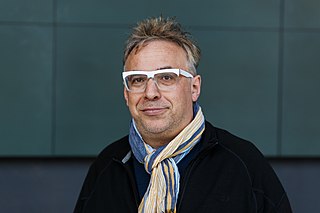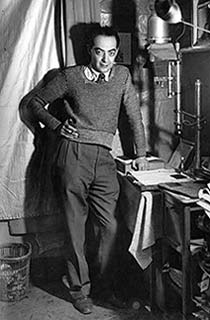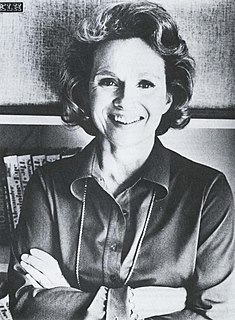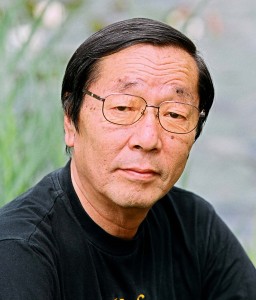A Quote by Ruth Ozeki
Fiction is an elemental force, which has the power to shape reality in its own image - or images, I should say - because reality, like light, exists not only as a single point or particle, but also as an array of possibilities.
Related Quotes
We know only what we do, what we make, what we construct; and all that we make, all that we construct, are realities. I call them images, not in Plato's sense (namely that they are only reflections of reality), but I hold that these images are the reality itself and that there is no reality beyond this reality except when in our creative process we change the images: then we have created new realities.
... what is faked [by the computerization of image-making], of course, is not reality, but photographic reality, reality as seen by the camera lens. In other words, what computer graphics have (almost) achieved is not realism, but rather only photorealism - the ability to fake not our perceptual and bodily experience of reality but only its photographic image.
To say that a thing is imaginary is not to dispose of it in the realm of mind, for the imagination, or the image making faculty, is a very important part of our mental functioning. An image formed by the imagination is a reality from the point of view of psychology; it is quite true that it has no physical existence, but are we going to limit reality to that which is material? We shall be far out of our reckoning if we do, for mental images are potent things, and although they do not actually exist on the physical plane, they influence it far more than most people suspect.
You believe that reality is something objective, external, existing in its own right. You also believe that the nature of reality is self-evident. When you delude yourself into thinking that you see something, you assume that everyone else sees the same thing as you. But I tell you, Winston, that reality exists in the human mind, and nowhere else. Not in the individual mind, which can make mistakes, and in any case soon perishes: only in the mind of the Paty, which is collective and immortal.
My images were surreal simply in the sense that my vision brought out the fantastic dimension of reality. My only aim was to express reality, for there is nothing more surreal than reality itself. If reality fails to fill us with wonder, it is because we have fallen into the habit of seeing it as ordinary.
I like film because it brings you very close to the absurd reality that you might spend a day shooting and not get a single image that you like or works, and you won't really know for a few days at least as you wait. It connects you and grounds you to a material reality and a patience that seems lost with digital. I also think the grain texture remains forever different, and in my opinion, what I find to be more beautiful.
What you think of as they past is a memory trace, stored in the mind, of a former Now. When you remember the past, you reactivate a memory trace -- and you do so now. The future is an imagined Now, a projection of the mind. When the future comes, it comes as the Now. When you think about the future, you do it now. Past and future obviously have no reality of their own. Just as the moon has no light of its own, but can only reflect the light of the sun, so are past and future only pale reflections of the light, power, and reality of the eternal present. Their reality is "borrowed" from the Now.
Understanding that water exists as a solid, a liquid, a vapor, as a molecule, and at some point as light is to also understand our own nature and possibilities because we are mostly made of water. After I realized that we are water I came to realize that we do not have death; we only change into higher vibrations of being. This is an irreplaceable finding for me personally.
I'm absolutely convinced that this is a world of appearances, not reality. There's one reality and that's Light and Love. When some say, we create our own reality, I always demur and say, "Please, would you mind adjusting that a little bit? We create our own appearances." We become master of appearances and as we change our thought, we will see the appearances around us change. That gives us this huge sense of dominion and power and control over our world.
A lot of the stuff that I see, because it's part of the work that I do, is look at pictures and photographs and sculpture and all the rest of that. I also spend a lot of time looking at the people on my street, and all of it simply exists in sort of this tremendous forceful wash of reality out of which comes, what I hope, are these shapely recognitions of reality, which are my poems.
Buddha was speaking about reality. Reality may be one, in its deepest essence, but Buddha also stated that all propositions about reality are only contingent. Reality is devoid of any intrinsic identity that can be captured by any one single proposition - that is what Buddha meant by "voidness." Therefore, Buddhism strongly discourages blind faith and fanaticism.





































